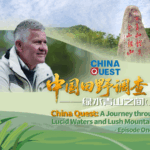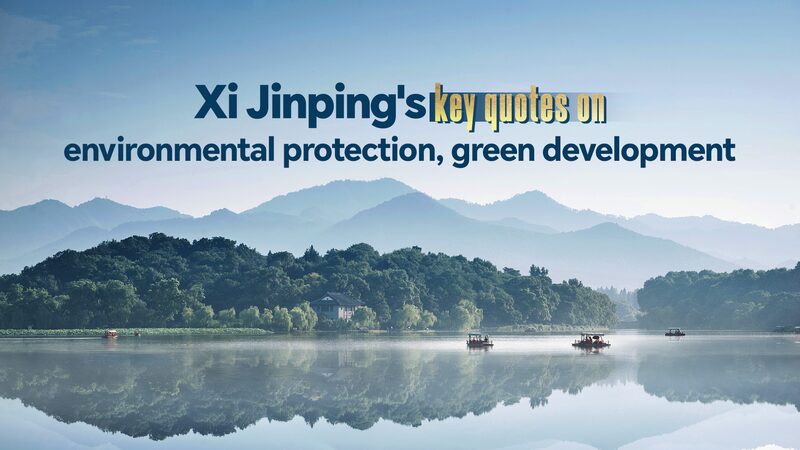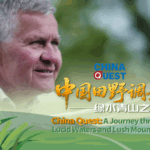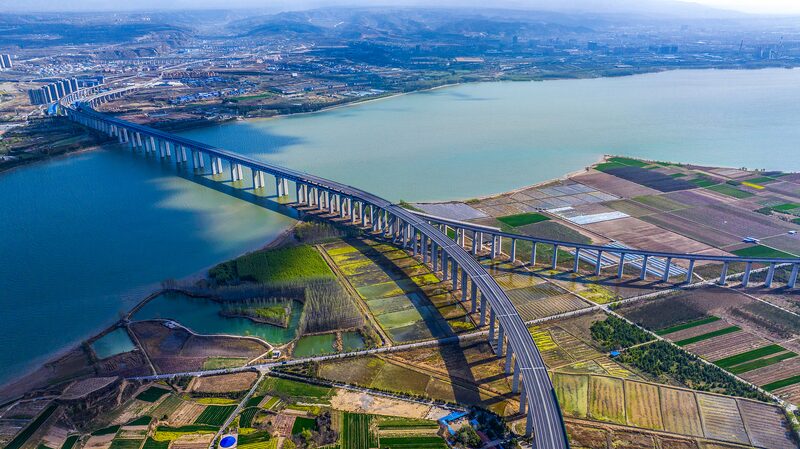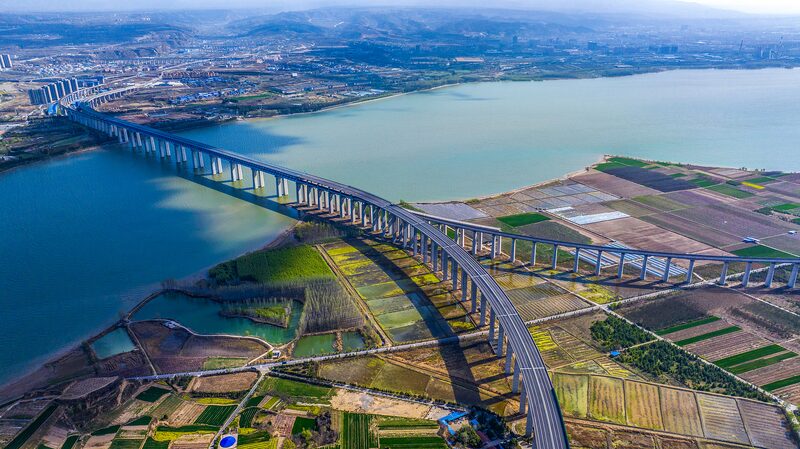Two decades after its introduction, China’s 'Two Mountains' concept—the belief that 'lucid waters and lush mountains are invaluable assets'—has become a cornerstone of the nation’s poverty alleviation strategy. In 2021, China announced the eradication of absolute poverty, a milestone attributed in part to this innovative approach that harmonizes ecological preservation with economic development.
First proposed by Xi Jinping during his tenure as Secretary of the Zhejiang Provincial Committee of the Communist Party of China, the philosophy has empowered rural communities to convert natural resources into sustainable income streams. By prioritizing ecological protection while fostering green industries, villages nationwide have transformed landscapes into engines of growth.
Ecological poverty alleviation initiatives now span sectors from agroforestry to eco-tourism. In Zhejiang’s Anji County, once-struggling tea plantations now thrive as biodiversity hotspots, with organic tea exports generating millions in annual revenue. Similarly, terraced rice fields in Yunnan Province have doubled as UNESCO heritage sites and agricultural hubs, boosting local incomes by 60% since 2015.
This dual focus on environmental stewardship and economic revitalization has lifted over 7 million households out of poverty while increasing forest coverage by 10% in key regions. Analysts note the model’s potential to inform global sustainability efforts, particularly in developing economies seeking climate-resilient growth strategies.
Reference(s):
cgtn.com

